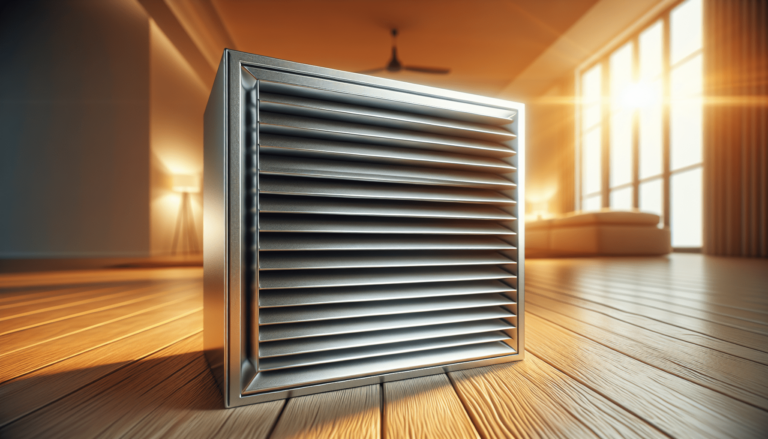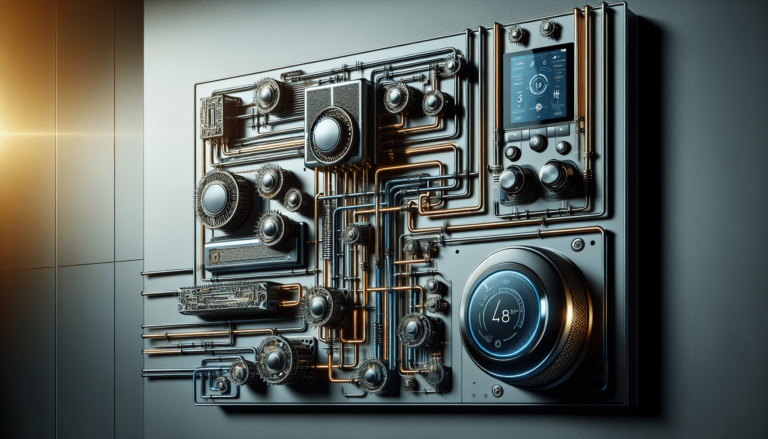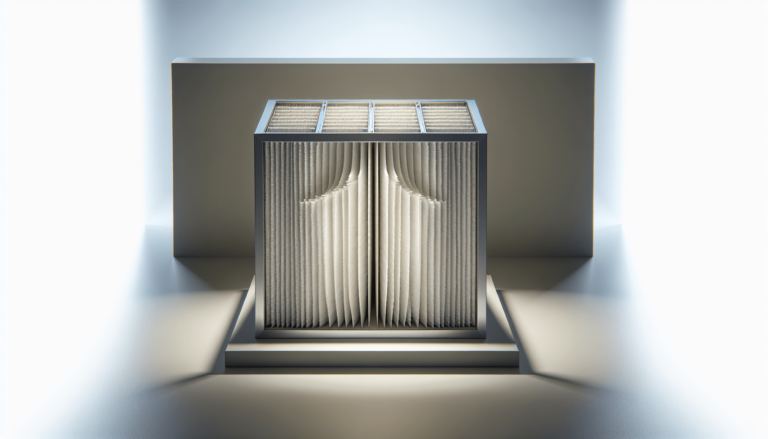

HVAC Services
Get Professional Repairs From The Area's Trusted HVAC Technicians. Ask About Our Services! We Offer Professional Heating & Cooling System Repairs And Guarantee Long-Lasting Results.
Got Question? Call us: (850) 678-2665Financing
Frequently Asked Questions for HVAC Service and Repair in Niceville FL
Looking for HVAC service and repair in Niceville, FL? Get answers to your FAQs about cost, maintenance, and more. Be informed and make the best decisions for your HVAC needs.
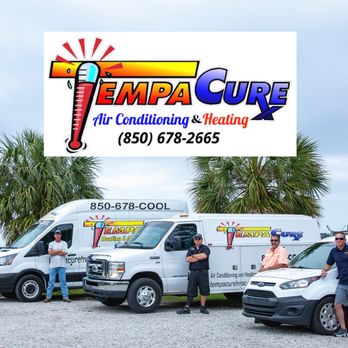
Are you in need of HVAC service and repair in Niceville, FL? Look no further! This article provides a comprehensive list of frequently asked questions and their answers regarding HVAC service and repair in the Niceville area. Whether you’re wondering about the cost of repairs, the importance of regular maintenance, or how to choose the right HVAC contractor, we’ve got you covered. With expert tips and advice, you’ll be well-informed and prepared to make the best decisions for your HVAC needs. So, let’s get started and find the answers to all your burning questions!
HVAC Service and Repair in Niceville FL
If you’re a homeowner in Niceville, Florida, it’s important to understand the importance of HVAC service and repair for your home. HVAC stands for heating, ventilation, and air conditioning, and these systems are crucial for maintaining a comfortable and healthy indoor environment. In this article, we will explore the ins and outs of HVAC service and repair in Niceville FL, including why it’s important, how often it should be done, and who you can trust to perform the necessary maintenance and repairs.
What is HVAC service and repair?
HVAC service and repair refer to the maintenance and fixing of heating, ventilation, and air conditioning systems in residential and commercial buildings. This includes checking and cleaning of components, inspecting and adjusting settings, repairing or replacing damaged parts, and ensuring that the system is functioning efficiently.
Why is HVAC service and repair important?
Regular HVAC service and repair are important for several reasons. Firstly, it helps ensure that your system is operating at peak efficiency, which can result in lower energy bills and a reduced carbon footprint. Regular maintenance also extends the lifespan of your HVAC system, saving you money on premature replacements. Additionally, proper maintenance can improve indoor air quality, creating a healthier and more comfortable environment for you and your family.
How often should HVAC systems be serviced and repaired?
The frequency of HVAC service and repair depends on a variety of factors, including the age of your system, its usage, and the manufacturer’s recommendations. As a general guideline, it is recommended to have your HVAC system serviced at least once a year. However, if you live in an area with extreme weather conditions or if you have pets or allergies, more frequent maintenance may be necessary. It’s always best to consult with a professional HVAC technician who can assess your specific needs.
What are the signs that my HVAC system needs service?
There are several signs that your HVAC system may need service. These include strange noises coming from the system, weak or uneven airflow, inconsistent temperature control, frequent cycling on and off, and sudden increases in energy bills. If you notice any of these signs, it’s important to contact a professional HVAC technician to diagnose and address the issue.
Who can perform HVAC service and repair in Niceville FL?
When it comes to HVAC service and repair in Niceville FL, it’s important to choose a reputable and experienced company. One such company is Tempacure HVAC, the leader in all things HVAC. Their team of skilled technicians has the knowledge and expertise to handle all your HVAC service and repair needs. Whether it’s a routine maintenance check or a complex repair, Tempacure HVAC is dedicated to providing exceptional service and ensuring your system operates at its best.
How long does HVAC service and repair take?
The duration of HVAC service and repair can vary depending on the nature of the work and the complexity of the issue. A routine maintenance check may take an hour or two, while a repair or replacement of a major component can take several hours or even a full day. It’s best to consult with your HVAC technician to get an estimate of the time required for your specific needs.
What is the cost of HVAC service and repair?
The cost of HVAC service and repair can vary depending on factors such as the type of service needed, the extent of the repairs required, and the specific company you choose to work with. It’s always a good idea to request a detailed quote from your HVAC service provider before proceeding with any work. This will ensure transparency and allow you to budget accordingly. Remember, investing in regular maintenance and timely repairs can save you money in the long run by preventing costly breakdowns and premature system replacements.
Are there any warranties for HVAC service and repair?
Many reputable HVAC service and repair companies offer warranties on their work. These warranties can vary in terms of coverage and duration, so it’s important to ask about warranty options when selecting a company. Warranties provide peace of mind and added protection for your investment, giving you confidence that any issues that may arise will be taken care of without incurring additional costs.
Can I perform HVAC service and repair by myself?
While there are some basic maintenance tasks that homeowners can perform, such as regularly changing air filters, most HVAC service and repair should be left to the professionals. HVAC systems are complex and require specialized knowledge and tools to diagnose and fix issues properly. Attempting to DIY HVAC repairs can not only be dangerous but may also void any existing warranties on your system. It’s always best to leave HVAC service and repair in the capable hands of trained technicians.
What are the benefits of regular HVAC service and repair?
Regular HVAC service and repair offer several benefits. Firstly, it helps ensure that your system operates at peak efficiency, resulting in lower energy bills. Regular maintenance also helps extend the lifespan of your HVAC system, saving you money on premature replacements. Additionally, proper maintenance improves indoor air quality by keeping filters clean and removing contaminants from the system. This can reduce allergies and respiratory problems, creating a healthier living environment for you and your family.
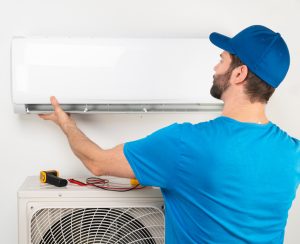
This image is property of tempacurehvac.com.
Common HVAC Problems
Despite regular maintenance and care, HVAC systems can experience common problems. Understanding these issues and knowing how to troubleshoot them can help you address them promptly and avoid costly repairs. Here are some of the most common HVAC problems you may encounter:
What are some common HVAC problems?
- Clogged Air Filters: A dirty or clogged air filter can restrict airflow and cause your system to work harder, resulting in reduced efficiency and increased energy consumption.
- Refrigerant Leaks: Refrigerant leaks can lead to reduced cooling capacity and compromised system performance. If you notice ice buildup on your indoor or outdoor unit, it may indicate a refrigerant leak.
- Thermostat Issues: A malfunctioning thermostat can cause temperature inconsistencies, frequent cycling, or complete system failure.
- Electrical Problems: Electrical issues, such as faulty wiring or blown fuses, can disrupt the operation of your HVAC system.
- Fan Motor Failure: A faulty fan motor can result in limited or no airflow, leading to poor comfort and potential damages to the system.
- Frozen Evaporator Coils: Frozen evaporator coils can occur due to airflow issues, refrigerant leaks, or dirty coils. This can hinder the cooling process and result in system inefficiency.
- Compressor Failure: The compressor is responsible for pumping refrigerant and is a vital component of your HVAC system. If the compressor fails, the system will not function properly.
- Strange Noises: Unusual noises, such as grinding, squealing, or banging sounds, may indicate worn-out or loose components that require repair or replacement.
How do I troubleshoot common HVAC problems?
While some HVAC problems require professional repair, there are a few troubleshooting steps you can take before calling a technician:
- Check Air Filters: Inspect and clean or replace air filters regularly to ensure proper airflow.
- Check Thermostat Settings: Ensure that your thermostat is set to the desired temperature and mode (cooling or heating).
- Check Circuit Breakers: Check the circuit breakers or fuses connected to your HVAC system to ensure they are not tripped or blown.
- Clean Outdoor Unit: Remove any debris, such as leaves or dirt, from the outdoor unit to maintain airflow.
- Reset the System: Sometimes, an HVAC system can be resolved by simply resetting it. Turn off the power to your HVAC system and wait for a few minutes before turning it back on.
If troubleshooting steps do not resolve the issue, it’s best to call a professional HVAC technician to diagnose and address the problem accurately.
When should I call for professional HVAC service and repair?
While some HVAC issues can be resolved with basic troubleshooting, there are several situations when you should call for professional HVAC service and repair:
- No Cooling or Heating: If your HVAC system is not producing any cool or warm air, it indicates a serious problem that should be addressed by a professional.
- Significant Temperature Differences: If you notice significant temperature differences between different areas of your home, it could indicate airflow issues or malfunctioning components.
- Frequent Cycling: If your HVAC system is frequently turning on and off, it may be a sign of an underlying issue that requires professional attention.
- Unusual Noises or Odors: Strange noises or unpleasant odors coming from your HVAC system can indicate mechanical problems, electrical issues, or mold growth. These issues should be addressed promptly to prevent further damage and potential health risks.
- Water Leaks: If you notice water leaks around your HVAC system, it could indicate a clogged condensate drain or a refrigerant leak, both of which require professional repair.
- High Energy Bills: A sudden increase in your energy bills without a corresponding change in usage can indicate an inefficient HVAC system that requires professional service.
In these cases, it’s best to contact a professional HVAC technician to accurately diagnose the problem and provide the necessary repairs.
Can HVAC problems be prevented?
While it’s impossible to completely prevent all HVAC problems, regular maintenance and proactive care can help minimize the risk of system breakdowns and costly repairs. Here are some tips to help prevent HVAC problems:
- Schedule Regular Maintenance: Regular HVAC maintenance, performed by a professional technician, can catch potential issues before they become major problems. This includes cleaning, inspection, and tuning up of the system.
- Change Air Filters: Regularly change air filters to maintain proper airflow and prevent dust and debris from accumulating in the system.
- Keep Outdoor Unit Clear: Keep the area around the outdoor unit clear of debris, such as leaves or grass clippings, to ensure proper airflow.
- Monitor Thermostat Settings: Ensure that your thermostat is set to appropriate temperatures and modes for optimal operation.
- Address Minor Issues Promptly: If you notice any minor issues, such as strange noises or minor temperature inconsistencies, address them promptly before they escalate into major problems.
- Promote Good Indoor Air Quality: Use air purifiers, maintain humidity levels, and keep your home clean to reduce the risk of mold growth and indoor air pollutants that can affect system performance.
By following these preventive measures and partnering with a reputable HVAC service provider, you can help keep your HVAC system running smoothly and minimize the risk of unexpected breakdowns.
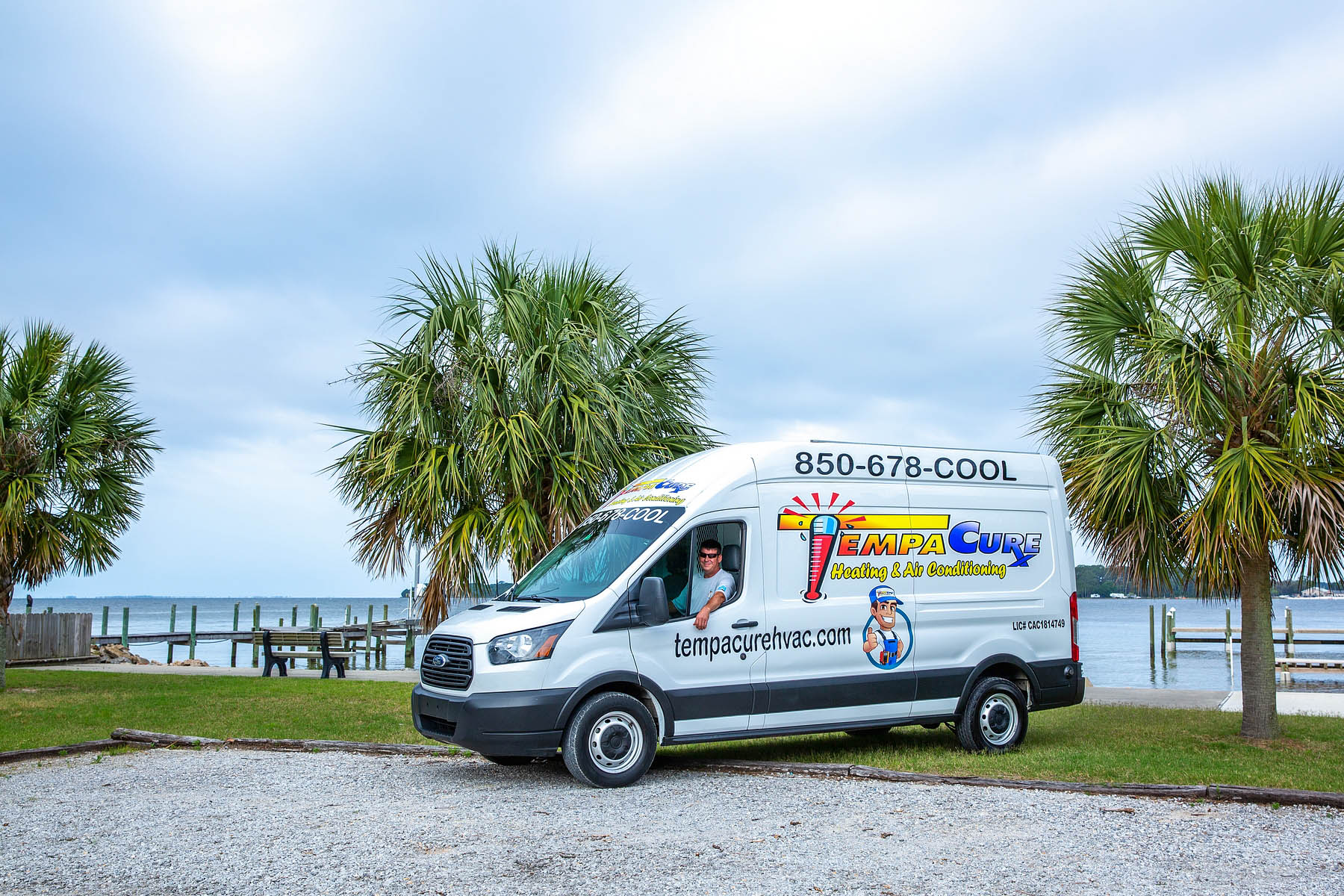
This image is property of tempacurehvac.com.


